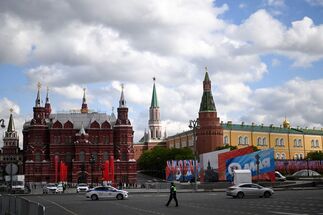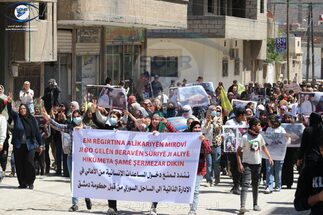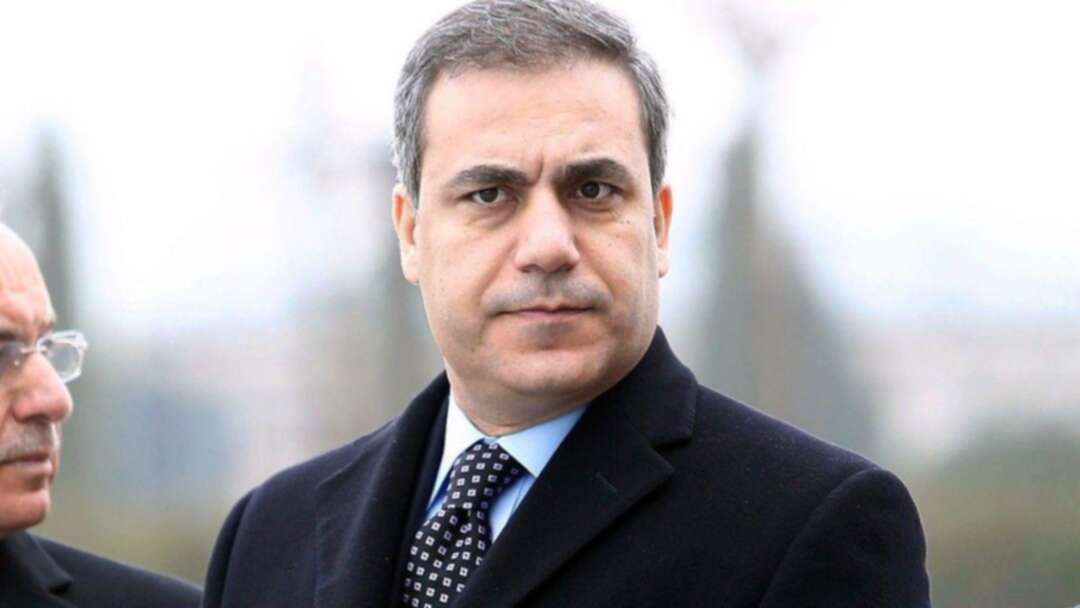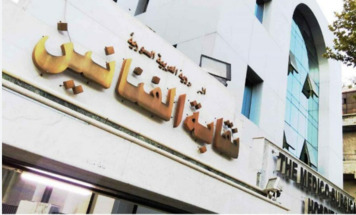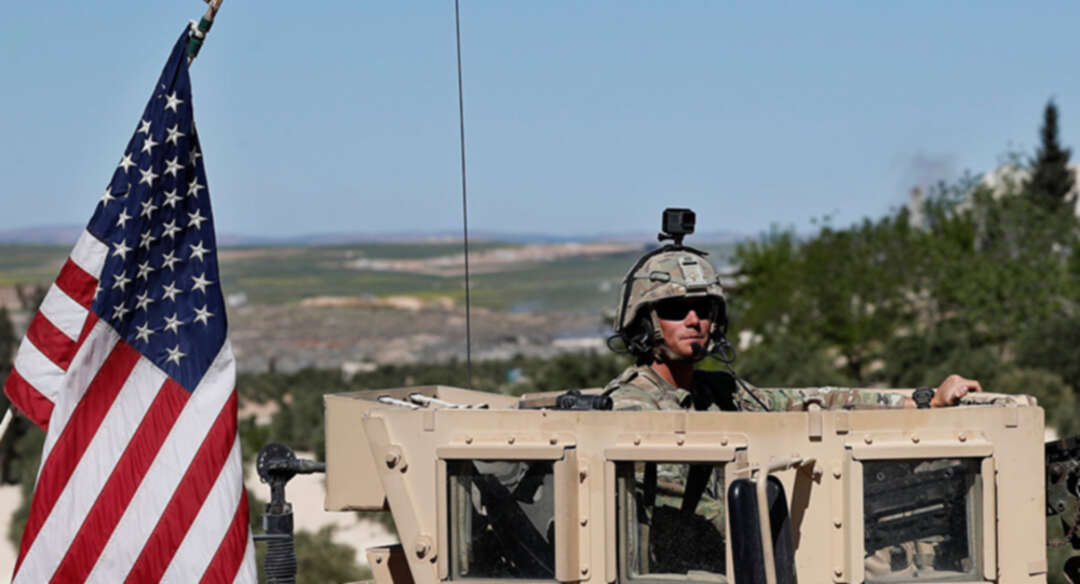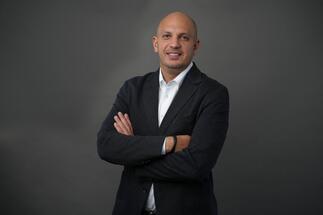-
Lebanon will not 'hand over' Hezbollah weapons at Gulf meeting, foreign minister says
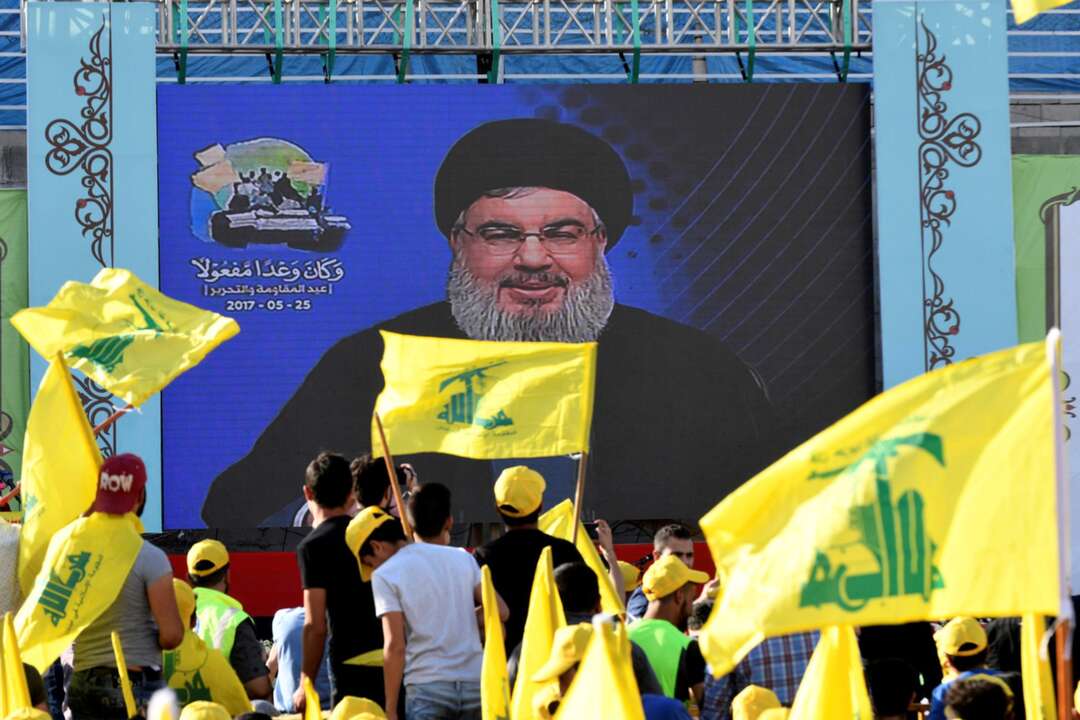
The National Post reported citing Reuters, Lebanon’s foreign minister said he was not going “to hand over” Hezbollah’s weapons during a meeting this weekend with Gulf Arab counterparts that want Beirut to rein in the Iran-backed Lebanese Shi’ite group in exchange for improved ties.
In a nod to Gulf concerns, Lebanon will however say that the country will not be “a launchpad for activities that violate Arab countries,” according to sources familiar with a draft government letter responding to Gulf terms for improved ties.
Lebanon is due at the meeting in Kuwait on Saturday to deliver its response to the terms for thawing relations, which have suffered as the heavily armed Hezbollah has grown more powerful in Beirut and the region.
Lebanese Foreign Minister Abdallah Bou Habib told Al Jazeera: “I am not going (to Kuwait) to hand over Hezbollah’s weapons. I am not going to end Hezbollah’s existence, it is out of the question in Lebanon. We are going for dialog."
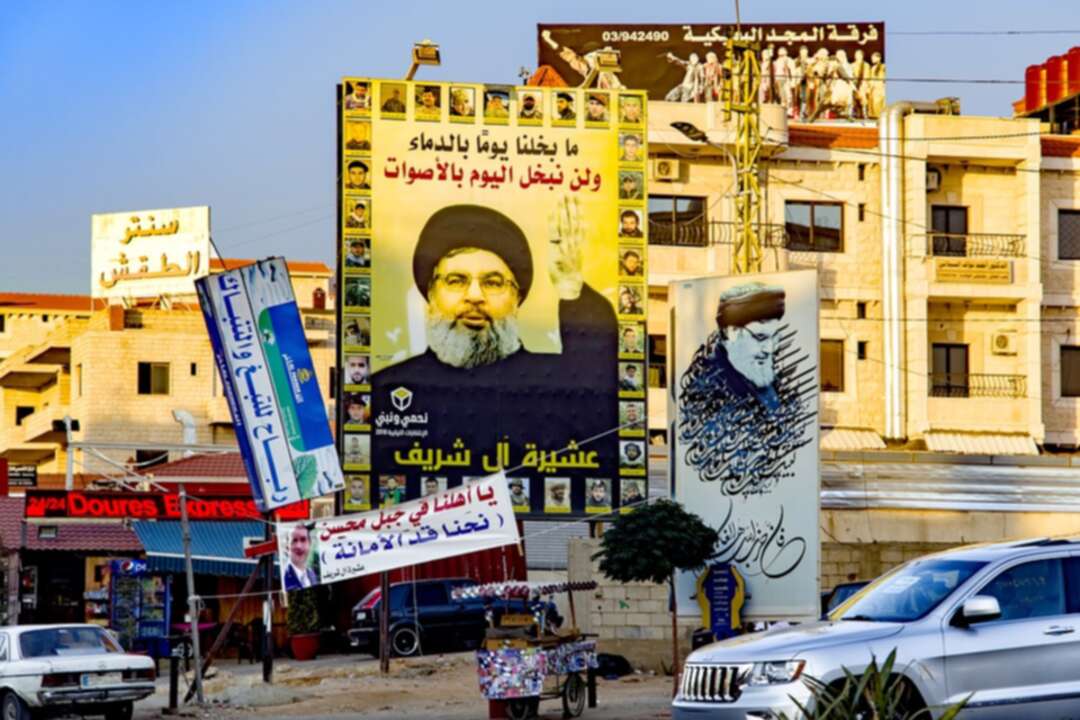
Hezbollah supports Iran in its regional struggle for influence with U.S.-allied Gulf Arab states, which say the group has aided the Iran-aligned Houthis who are fighting a Saudi-led coalition in Yemen.
Founded by Iran’s Revolutionary Guards in 1982, Hezbollah has a militia more powerful than Lebanon’s army and has backed pro-Iran allies in the region, including Syria.
US Treasury imposes more sanctions on Hezbollah-linked Lebanese nationals
The group and its allies also exercise major sway over Lebanese state policy.
DISASSOCIATION
The terms delivered to Beirut on Jan. 22 by the Kuwaiti foreign minister include setting a time frame for implementing U.N. Security Council resolutions, among them Resolution 1559 which was adopted in 2004 and calls for the disarmament of non-state militias in Lebanon.
A draft of the government’s response seen by Reuters sidesteps the issue, expressing Lebanon’s respect for U.N. resolutions “to ensure civil peace and national stability.”
But it mentions no specific U.N. resolution or any steps to implement them.
USA imposes sanctions on 3 Lebanese businessmen with ties to Hezbollah
Bou Habib told Al Jazeera implementing resolution 1559, which would require Hezbollah’s disarmament, “will take time.”
The Gulf rift has added to the difficulties facing Lebanon as it struggles with a financial crisis that the World Bank has described as one of the sharpest depressions ever recorded.
Saudi Arabia and its fellow Gulf Arab monarchies once spent billions of dollars in aid in Lebanon before ties soured.
Fears grow over Iran influence in Lebanon after Hezbollah and Amal Cabinet decision
Ties hit new lows last October when Saudi Arabia and several other Gulf states expelled Lebanese ambassadors in response to comments by a former Lebanese government minister criticizing the Saudi-led coalition fighting in Yemen.
The visit to Beirut last week by Kuwaiti Foreign Minister Sheikh Ahmad Nasser al-Mohammad al-Sabah was the first since the rift. He said Lebanon must not be a platform for hostile acts or words toward Gulf Arab states, and that members of the Gulf Cooperation Council (GCC) were sympathetic to the Lebanese people.
This advertisement has not loaded yet, but your article continues below.
Hezbollah working to expands old Syrian military base south of Damascus
In the draft letter, Lebanon commits “verbally and actually” to a policy of disassociation from regional conflicts – a policy adopted by successive governments even as Hezbollah has deployed fighters to Syria.
It also pledges to strengthen measures being taken by Lebanon in cooperation with other Arab states to prevent drug smuggling to Gulf Arab states.
Hezbollah’s adversaries accuse it of links to regional drugs trade – something it denies. The GCC in December called on Lebanon to tighten border controls and take measures to deter drug smuggling via exports into Saudi Arabia and other Gulf states.
Source: nationalpost
You May Also Like
Popular Posts
Caricature
BENEFIT Sponsors Gulf Uni...
- April 17, 2025
BENEFIT, the Kingdom’s innovator and leading company in Fintech and electronic financial transactions service, has announced its sponsorship of the “Innovation and Sustainable Technology Solutions Competition (GU - IST Solutions), hosted by Gulf University at its main campus.
This strategic sponsorship reflects BENEFIT’s active role in advancing technological innovation and fostering sustainable solutions to future challenges. It also seeks to empower Bahraini youth by enhancing their skills, capabilities, and competitiveness in innovation and solution development—contributing meaningfully to the broader goals of sustainable development across all sectors.
As part of BENEFIT’s active involvement in the competition, the company has announced that Hanan Abdulla Hasan, Senior Manager of Public Relations and Communication, will serve on the competition’s supervisory committee. Her upcoming participation reflects BENEFIT’s forward-looking commitment to championing academic and professional excellence.
Commenting on the occasion, Hanan Abdulla Hasan, Senior Manager of Public Relations and Communication at BENEFIT, said, “We are privileged to support this pioneering initiative, which aligns seamlessly with BENEFIT’s enduring commitment to fostering innovation and nurturing the potential of Bahrain’s youth. Our participation is rooted in a deep sense of social responsibility and a firm belief in the pivotal role of innovation in shaping a sustainable future. Through such platforms, we seek to empower the next generation with the knowledge, skills, and foresight required to develop impactful solutions that address future challenges, in line with the United Nations Sustainable Development Goals 2030.”
Dr. Aseel Al Ayash Dean of the College of Engineering in Gulf University commented, “We extend our sincere gratitude to BENEFIT for their generous sponsorship and support of the Innovation and Sustainable Technology Solutions Competition. This contribution plays an instrumental role in helping us achieve the strategic goals of this initiative, namely, cultivating a culture of innovation and sustainability, encouraging efforts that address the imperatives of sustainable development, and enhancing the practical and professional capabilities of our students and participants.”
The event will bring together a diverse spectrum of participants, including secondary school students, university undergraduates, engineers, industry professionals, entrepreneurs, academic researchers, and subject matter experts representing a wide range of disciplines.
The competition seeks to inspire participants to develop and present innovative, sustainable technologies aimed at addressing pressing environmental, social, and economic challenges. It encourages the formulation of business models that integrate advanced technological solutions with core principles of sustainability. Moreover, it serves as a platform for emerging leaders, entrepreneurs, and innovators to contribute to the advancement of the Sustainable Development Goals, promote the ethos of responsible technology, and demonstrate its transformative potential across various sectors.
Attendees will have the opportunity to view a series of project presentations submitted by participants, covering diverse areas such as eco-friendly product design, smart and sustainable innovations, renewable energy technologies, water conservation and management, waste minimisation and recycling, green architectural solutions, and sustainable transportation systems. Outstanding projects will be formally recognised and awarded at the conclusion of the event.
opinion
Report
ads
Newsletter
Subscribe to our mailing list to get the new updates!

